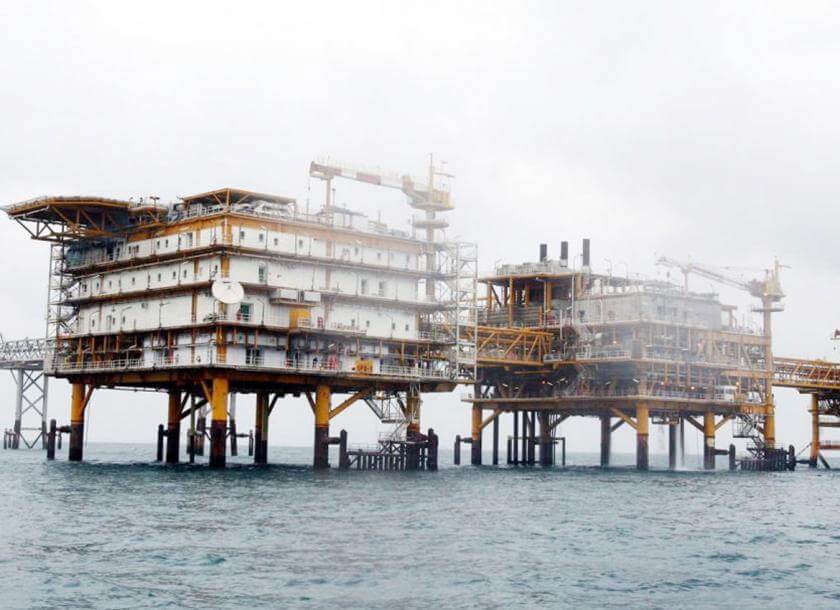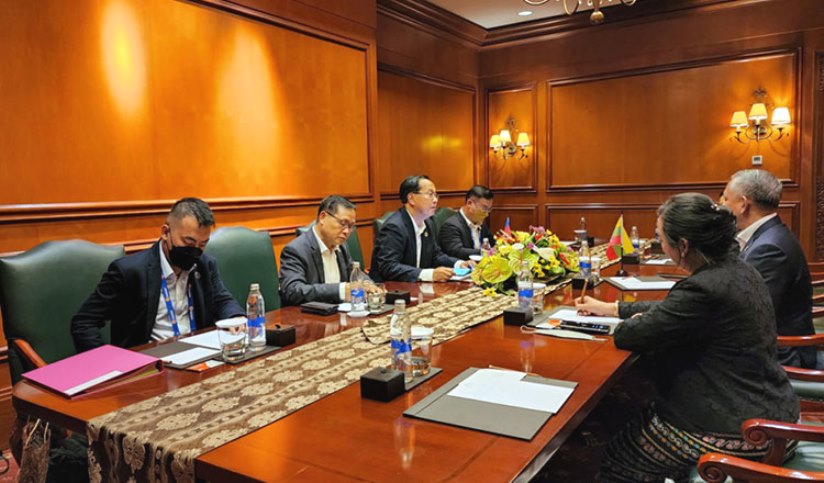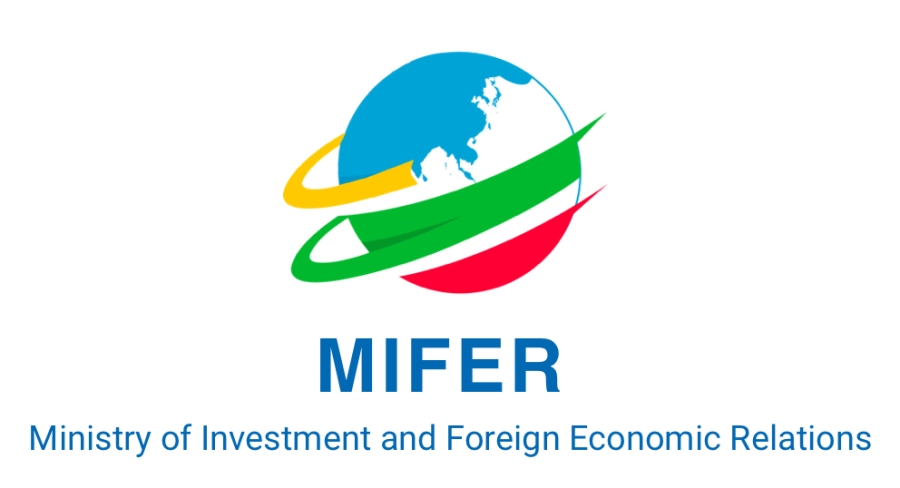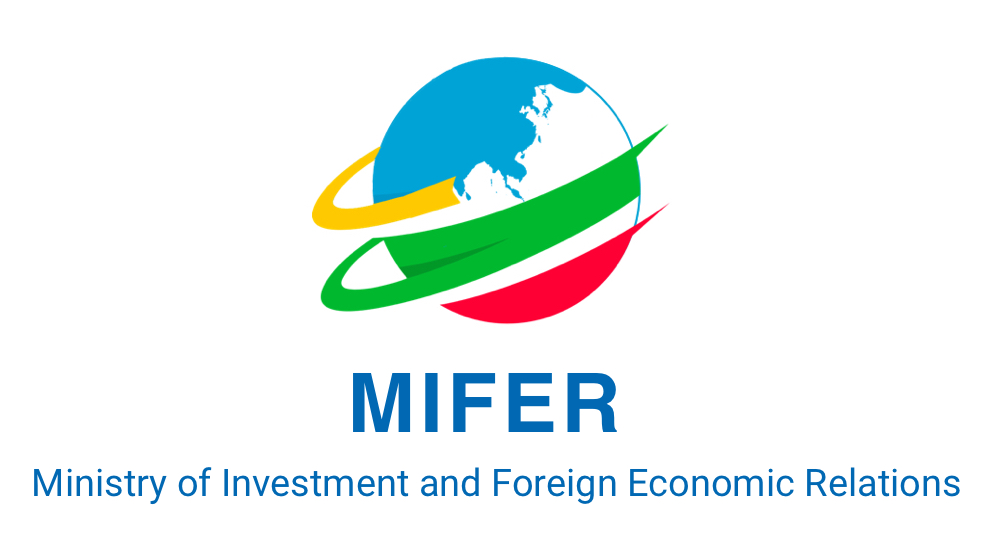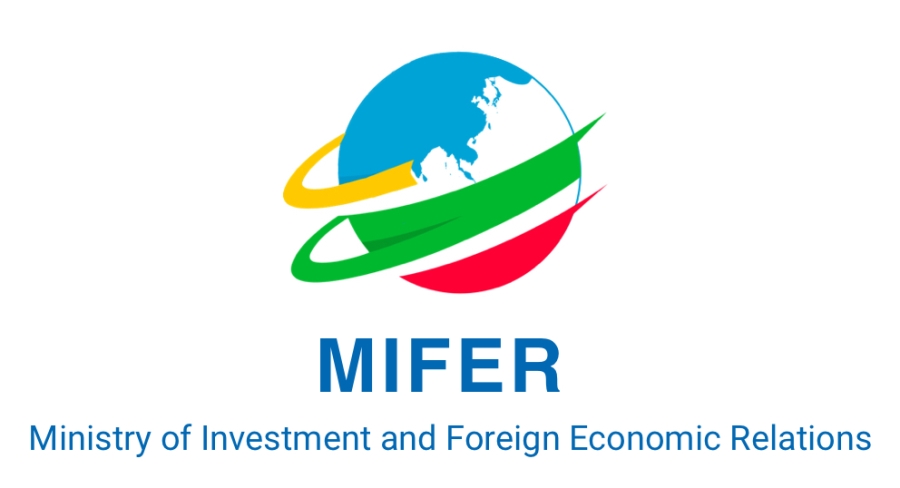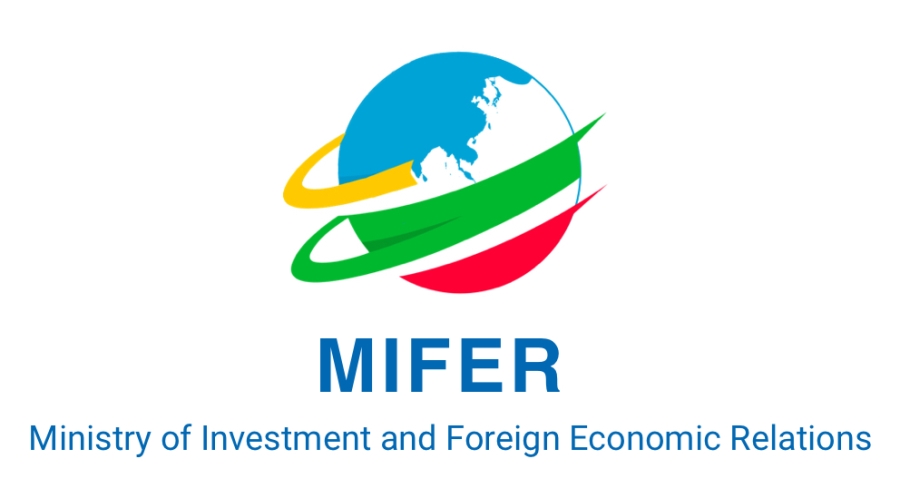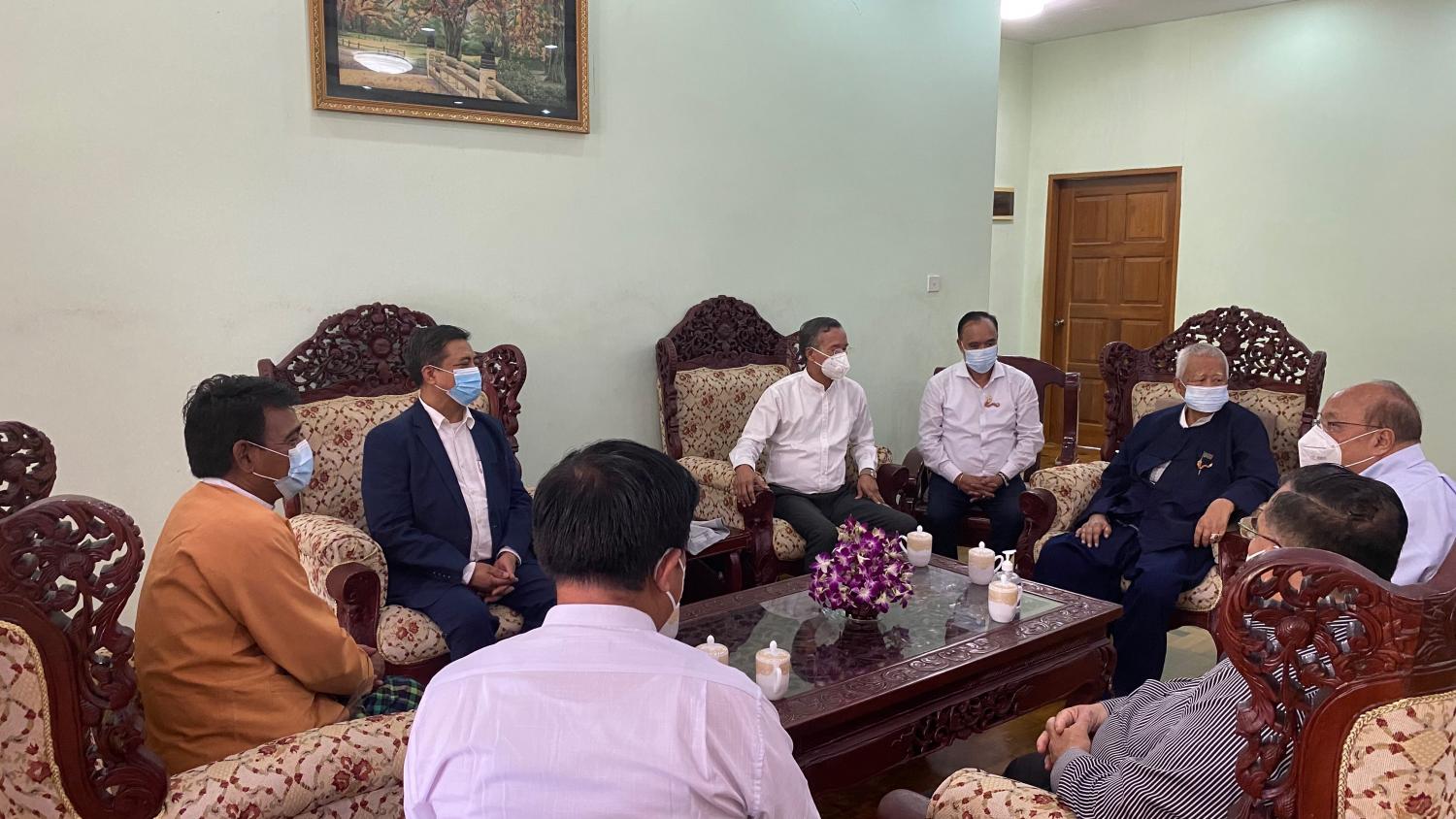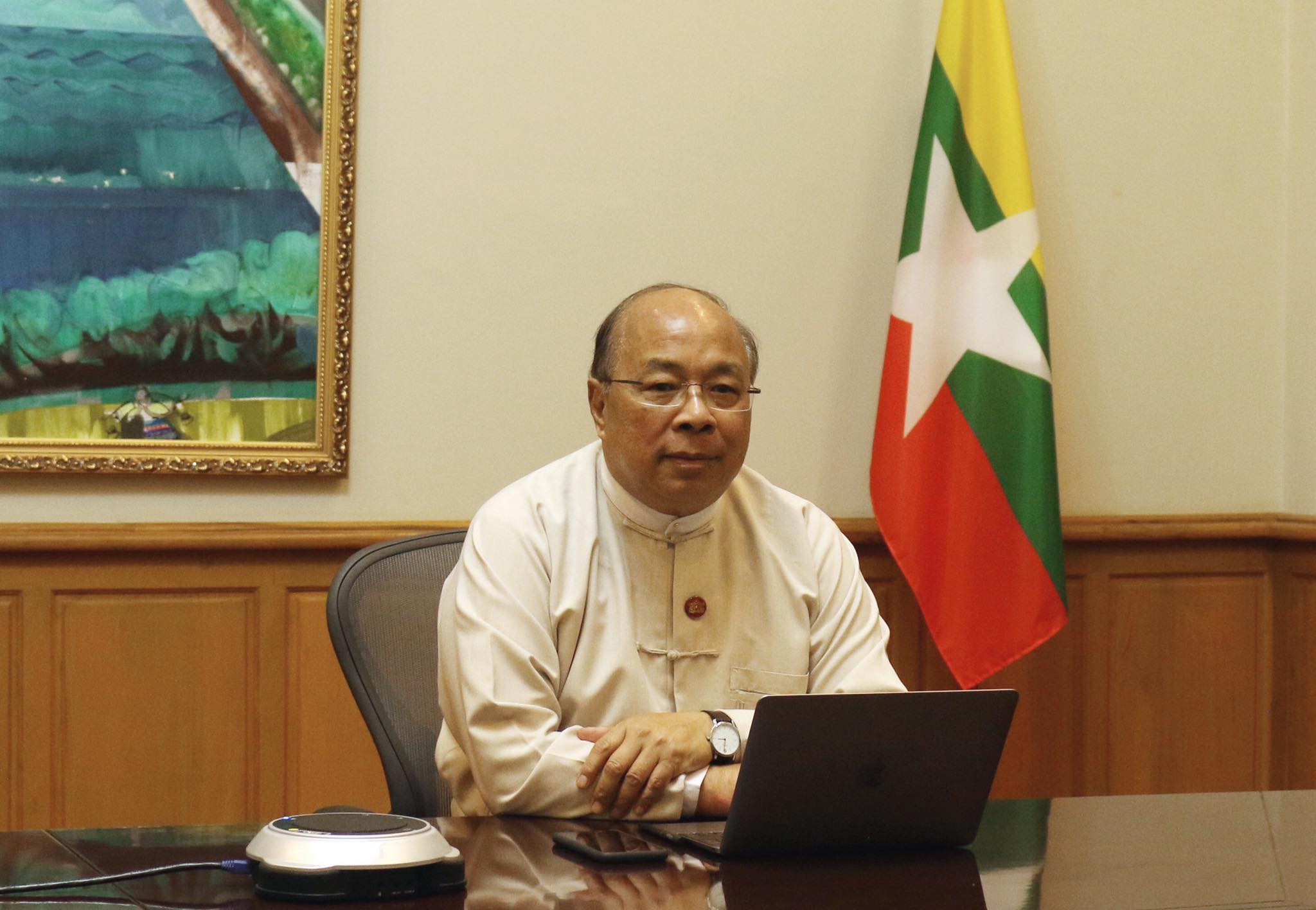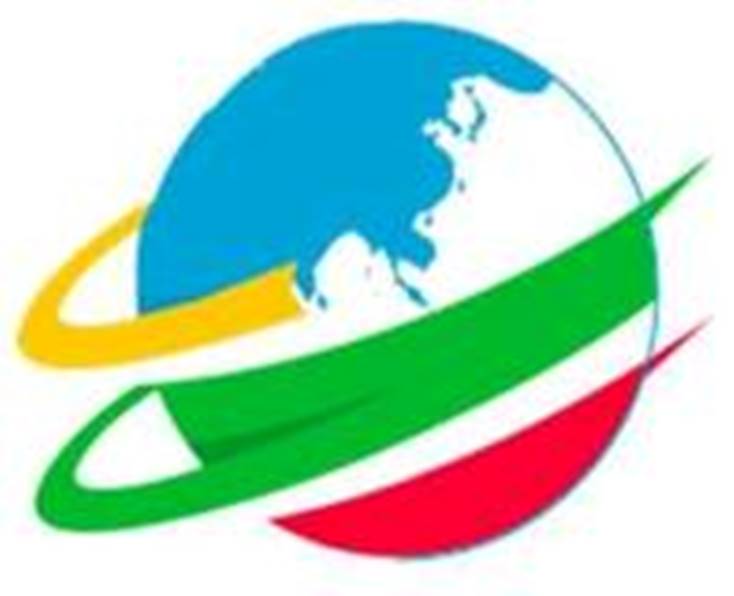The oil and gas sector is looking exciting this year, with opportunities emerging from an international tender scheduled to take place early this year for the first time since 2014.
In addition to onshore and offshore blocks, the tender is expected to include work in “Improved Petroleum Recovery” blocks at older oil fields in Myanmar.
One senior official from the Ministry of Electricity and Energy (MOEE) told The Myanmar Times that the tender will be launched “as early as possible this year”.
According to the MOEE official, the ministry is now revising the terms and conditions of production sharing contracts (PSC) that will be offered to the winning bidders in the tender exercise. Once the revised terms are ready, they will be submitted to the Cabinet and the President’s Office for approval.
Myanmar is looking to open up more of its offshore, deepwater acreages to investors. Up to 18 onshore and 13 offshore blocks could be offered to both local and foreign investors within the coming months. Last year, Australian oil and gas company Woodside Energy also discovered two gas fields that offer potential.
Myanmar also has 17 PSCs that were awarded as part of the 2014 onshore and offshore bidding rounds, where drilling and seismic works must begin over the next two years, according to contract terms.
Better terms
Yet, investors are exposed to a high level of risk when undertaking exploration and production projects in the country. These have included red tape, unpredictable changes in tax rates and unfavourable PSCs, which are all barriers for potential investors. Previous contracts, for example, stipulate that production would be shared on a 65percent/35pc basis in favour of Myanma Oil and Gas Enterprise.
“Now, the conditions will be eased. It is very costly to develop deepwater blocks, so a 50-50 based PSC will do more to attract international investors,” the MOEE official said.
“Improving the existing PSC terms will be crucial for Myanmar, as Nay Pyi Taw seeks to attract more investment into the oil and gas sector while reducing the growing strain on depleting domestic oil and gas reserves,” according to a January 2 report by Fitch Solutions Macro Research.
“We need to think about both sides if we want to offer good agreements. In my opinion, I want to neither give more nor take less. It must be fair for both sides,” said U Kyaw Kyaw Hlaing, chair of local oil and gas services company Smart Group.
The MOEE is also reviewing unfavourable terms and conditions for investors in the sector. This includes an 8pc special commodity tax on natural gas production. In the past, the MOEE had granted three-year tax exemptions to oil companies once commercial production began.
Will investors come?
Industry insiders are expecting the bulk of investors to come from Asia this year.
There are many things to worry about although arrangements are being made to call tenders for oil and natural gas blocks, said U Kyaw Kyaw Hlaing. “The question remains whether prominent companies will come if we invite them. And, another question is whether western companies will come due to the Rakhine crisis,” he said, pointing out that international oil companies that signed exploration deals in Myanmar in 2014 and 2015, such as Shell, Equinor (formerly Statoil), Reliance Industries, all pulled out of the country in 2017 and 2018.
Due to the current situation, it is expected that few oil and gas giants from western countries will bid in the coming tender, while more ASEAN countries and small companies will bid instead, people in the local oil and gas sector said.
“The government may face challenges depending on whether the PSCs offered are attractive. Even so, I expect few western companies will come. We will have to take into consideration that small and less significant companies will apply, making things less beneficial for Myanmar,” said U Than Tun, adviser of oil and gas consultancy Arc and Partners Co and former director of Myanma Oil and Gas Enterprise.
As a whole though, analysts see promising prospects for the sector this year. “Myanmar is among the few still-underexplored upstream markets in Asia, and interest in developing its below-ground prospects continues to remain high among domestic and international oil and gas firms alike, despite a litany of domestic and external risks,” Fitch reported.
Source From Myanmar Times

